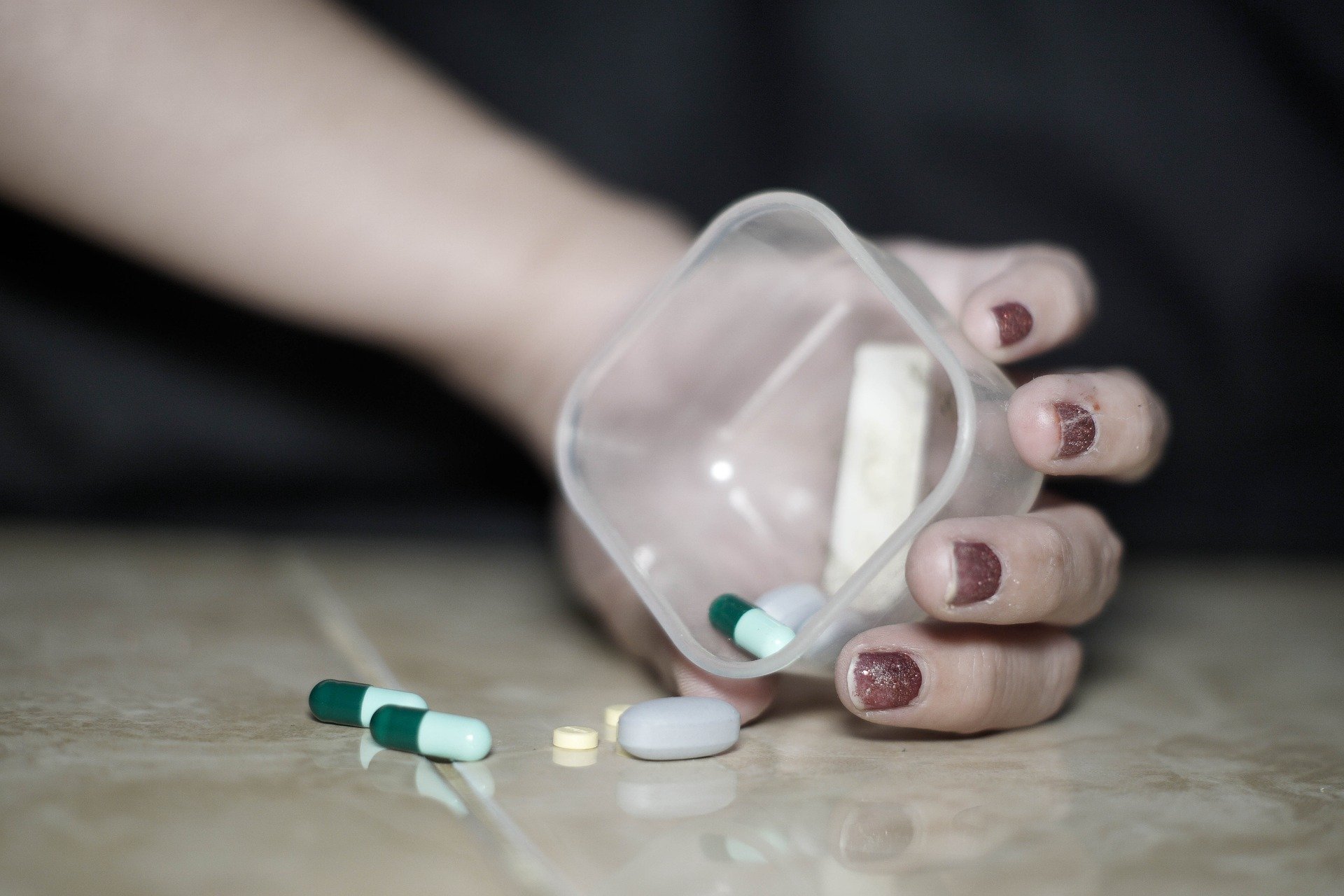It is not uncommon for people with bipolar disorder to also struggle with addiction. But what is the connection between these two conditions? Can bipolar disorder actually increase your risk of substance addiction? And if it does, what can we do to reduce that risk? In this post, we will explore the answers to these questions and more.
The Link Between Bipolar Disorder and Substance Addiction
Bipolar disorder is a mental health condition that causes unusual and extreme shifts in mood, energy, activity levels, and the ability to carry out day-to-day tasks. It can range from mild to severe cases. Psychologists at https://cliniclesalpes.com/bipolar-disorder/ claim that people who have bipolar disorder are twice as likely to develop an addiction as those without the condition. This may be due to several factors, such as impulsivity and poor judgment which are both associated with the condition.
Individuals with bipolar disorder tend to use drugs or alcohol to cope with stress and other symptoms of the illness. They are also more likely to experience severe withdrawal symptoms during detox, which increases their chances of relapse. If you have both substance addiction and bipolar disorder, there are treatment options that can help you. The following guide will walk you through some helpful steps you can take.
1. Seek Professional Help
If you struggle with bipolar disorder and addiction, it is crucial to seek professional help. Many effective treatments are available for both conditions, including medication and talk therapy. Professional treatment can help you manage your symptoms and increase your chances of a successful recovery. It is also essential to have a strong support system that includes your family, friends, and trusted health care professionals.
2. Stick With Your Treatment Plan
People who are struggling with addiction and bipolar disorder must stick to their treatment plan. Some individuals may stop treatment early when they begin to feel better, however it is not unusual for symptoms to return under these circumstances. You are more likely to recover successfully if you cooperate with your therapist and focus on getting better. You may also need to make some healthy lifestyle changes to reduce your chances of relapse.
3. Avoid Triggers
It is important to avoid triggers for both addiction and bipolar disorder. Triggers can include people, places, things, or situations that make you feel stressed or anxious. It is also essential for individuals with bipolar disorder to avoid using alcohol or drugs as a coping mechanism. If you are working with a licensed therapist, he or she will teaching you healthy ways to manage your symptoms.
4. Get Plenty of Rest
Poor sleep habits may trigger extreme mood swings in individuals with bipolar disorder. So it is vital to get plenty of rest and keep your stress levels under control. Avoiding stimulants such as caffeine or nicotine may be helpful as they may interfere with good sleep patterns. You can also try to establish a sleeping routine to ensure you get the rest you need.
5. Practice Self-Care
It is important to practice self-care if you are trying to manage symptoms associated with bipolar disorder and addiction. This includes getting regular physical exercise, practicing relaxation techniques when you feel tense, eating a healthy diet, and getting enough sleep. These practices can help improve your mood, reduce your stress, and help you to focus on what you have to do. They can also help you stay fit and reduce your risk for relapse.
6. Join a Support Group
Joining a support group can be helpful for individuals with bipolar disorder and addiction. Support groups provide a safe place to share your experiences and feelings and receive encouragement from other people who understand what you are going through. You can also get advice and helpful tips that you may not have considered before.
7. Get Involved in Healthy Activities You Enjoy
Getting involved in activities you enjoy can be helpful for people with bipolar disorder and addiction. For example, you can go dancing, swimming, or hiking with your friends or family. These activities can help improve your mood and provide a distraction from stressors. They also help you to strengthen your social bonds and avoid isolation.
8. Keep a Journal
Many people with bipolar disorder and addiction benefit from keeping a journal. A journal can help you track your symptoms, triggers, and moods so that you can better manage both conditions. You can also monitor how frequently you use a particular substance during a manic or depressive episode. Doing this will help you identify any patterns that may exist.
Bipolar disorder is a lifelong condition so it will not get better on its own. Individuals with bipolar symptoms are strongly encouraged to talk with a mental health professional or doctor. Rates of substance abuse among people with mental health conditions such as bipolar disorder have been rising over the last few decades. However, effective care is possible if you seek professional assistance early.


